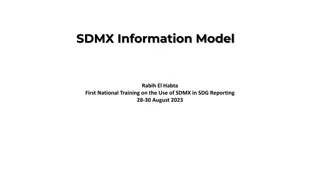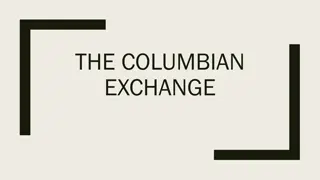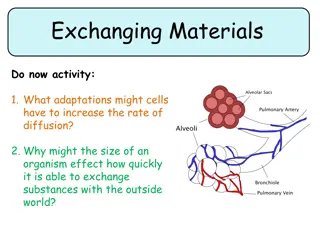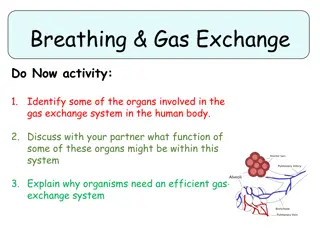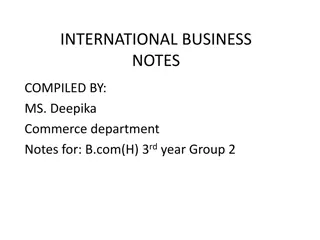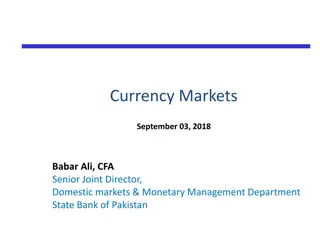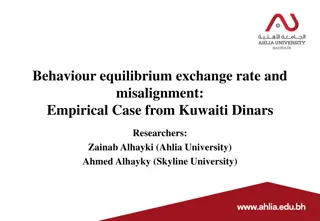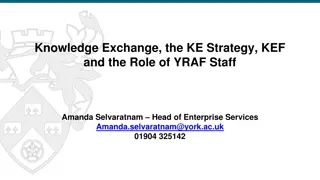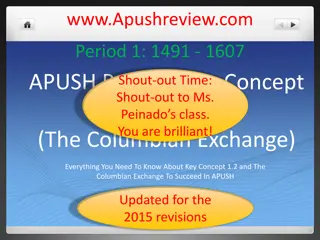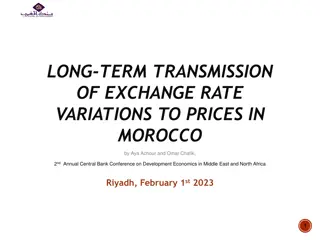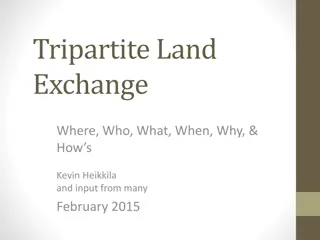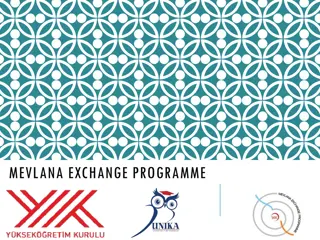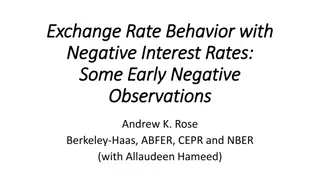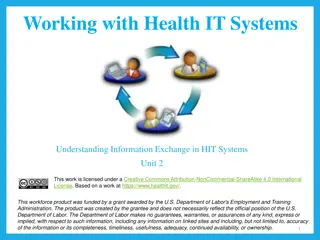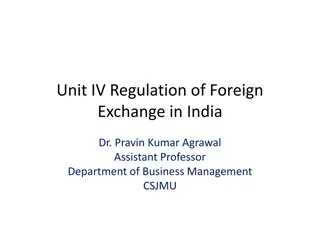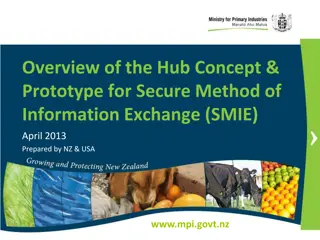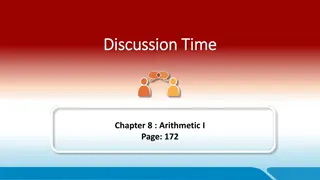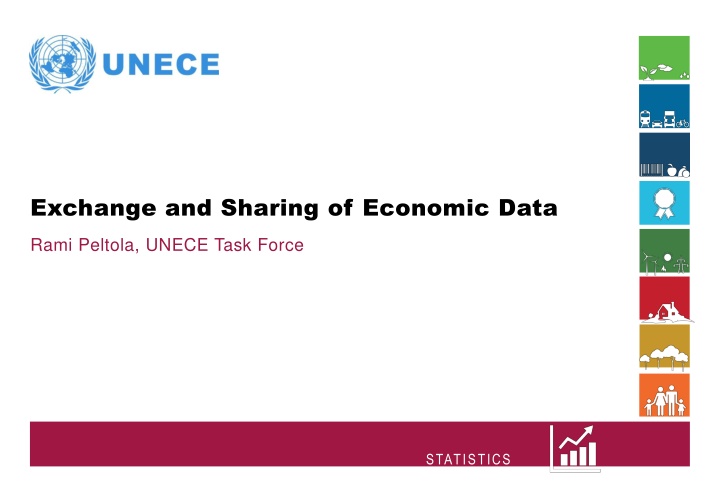
Economic Data Exchange and Sharing Initiatives by UNECE Task Force
Explore the efforts led by UNECE Task Force STATISTICS to enhance the exchange and sharing of economic data, including insights from key stages, conclusions, consultations, and guidance on large cases units (LCUs).
Download Presentation

Please find below an Image/Link to download the presentation.
The content on the website is provided AS IS for your information and personal use only. It may not be sold, licensed, or shared on other websites without obtaining consent from the author. If you encounter any issues during the download, it is possible that the publisher has removed the file from their server.
You are allowed to download the files provided on this website for personal or commercial use, subject to the condition that they are used lawfully. All files are the property of their respective owners.
The content on the website is provided AS IS for your information and personal use only. It may not be sold, licensed, or shared on other websites without obtaining consent from the author.
E N D
Presentation Transcript
Exchange and Sharing of Economic Data Rami Peltola, UNECE Task Force STATISTICS
Task Force Task Force STATISTICS STATISTICS The CES Bureau set up a Task Force (Canada, Denmark, Finland, Ireland, Italy, Mexico, Poland, the Netherlands, United Kingdom, United States, ECB, Eurostat, IMF, OECD, UNECE, UNSD and WTO): 1. Stage: April 2017 June 2018: Review concrete examples of data exchange Identify enablers and obstacles of data sharing Propose ways to detect crucial MNEs and changes in their activities 2. Stage: July 2018 June 2020: Identify innovative ways to exchange of economic data Provide guidance, tools and principles 2
Your main conclusions in 2017 Your main conclusions in 2017 STATISTICS STATISTICS Rethink the principle of confidentiality in an environment where micro data may already be publicly available Promote establishing large cases units where MNEs are significant Coordinate the various work streams to avoid duplication Continue advancing research in this area and share the outcomes with the AEG 3
Consultations carried out in 2018 Consultations carried out in 2018 STATISTICS STATISTICS CES Bureau in February Sharing examples, communication, overcoming legal obstacles, feeding into and benefiting from other groups Group of Experts on National Accounts in May Already exchanged micro data, elaborating resources, drafting templates, possibilities within current laws, LCUs CES plenary session in June Iterative approach, legal framework, benefits to MNEs, role of international organizations OECD WPFS-WPNA meeting in November Reconciliation, LCUs, other domains, communication, publicly available data, real case to show benefits 4
Guidance on large cases units (LCUs) Guidance on large cases units (LCUs) Stage 1 STATISTICS STATISTICS Extend guidance starting from Chapter 6 of the Guide to Measuring Global Production Paper: Proposed approach for dealing with MNE groups: Large Cases Unit A network of experts on multinational enterprise groups, including experts from LCUs and other units focusing on multinational enterprise groups data Seminar on LCUs in April 2019 Eurostat LCU Grant ESTP training on LCUs 5
Next steps Next steps STATISTICS STATISTICS Model templates and agreements for data exchange Review of innovative ways to exchange data Guidance on the work of LCUs Ideas from other industries, e.g. tax authorities data exchange, Extractive Industries Transparency Initiative etc. Communication and promotion of the idea to exchange economic data Final report 6
Innovative ways to exchange data Innovative ways to exchange data STATISTICS STATISTICS Innovative approaches encourage countries and international organizations to be involved Innovative organizational structures and business models Secure, easy to use and state of the art technical infrastructure Data exchange aspects: Purpose, type of data, regularity Technical considerations and innovations in the structure of data and sharing data, algorithms, services or computation Examples categorized by the above-mentioned aspects and technical solutions 7
Guidance, tools and principles Guidance, tools and principles data exchange template with instructions data exchange template with instructions STATISTICS STATISTICS Concerns both ad-hoc and small-scale exchange of unit-level data Can be applied both in bilateral discussions and in data exchange over encrypted systems Describe decision making procedures, documentation requirements and agreements related to data exchange Distinguish data exchange between EU authorities and authorities outside the EU 8
Guidance, tools and principles Guidance, tools and principles data confidentiality data confidentiality agreement agreement STATISTICS STATISTICS Data are used for statistical purposes only Enterprises cannot be contacted on the basis of data received Data shall not be provided to any third parties Strict disclosure control must be used when publishing statistics from the received data. Published data shall not enable identification of a statistical unit Data shall be stored in a secure environment and access to data shall be limited to persons in charge of tasks for which data were received The data received shall be deleted when they are not needed anymore or after a pre-agreed period of time 9
Guidance, tools and principles Guidance, tools and principles classifying data by its sensitivity classifying data by its sensitivity STATISTICS STATISTICS Type of data Confidentiality issues Quantitative Qualitative Characteristics Example Aggregate-level data Micro-data General Specific Published tables Published by the NSO or NCB Published by the company Quality descrpition in data format None Published data Publicly available data Methodology - Annual report data Unit name Publicly available accounting data related to the unit Classification data related to the unit Theory of international manuals applied to the unit Not published by the NSO or NCB Identifies some (broad) characteristics of an economic unit Classification and other metadata related to the unit Minor - - - Selected recording method and valuation principles Not sensitive data for the unit Period in which the transaction is visible in statistics Estimated figures related to the unit Not published by the NSO or NCB Administrative data Identifies specific characteristics of an economic unit Actual figures related to the unit Confidential data given by the unit to NSO/NCB Major - - Business model Trade partners Survey data Sensitive data for the unit Names of the unit s contact persons 10
Tentative structure of the final report Tentative structure of the final report STATISTICS STATISTICS Status of data exchange in statistics Enablers and obstacles of data sharing Detecting MNEs and changes in their activities Guidance and principles for the exchange of economic data Using the exchanged data to analyze MNEs activities and improve quality Future scenarios for collection and exchange of economic data 11
Issues for discussion Issues for discussion STATISTICS STATISTICS What are the expectations towards the Task Force s recommendations and outcomes of work? Is the AEG aware of innovative practices or success stories related to data sharing in statistics or other domains? Does the AEG see links between the Task Force s work and recent initiatives on the development of national accounts? What should be the focus of discussions with Chief Statisticians at a possible side-event on data exchange at the UN Statistical Commission in 2019? 12

